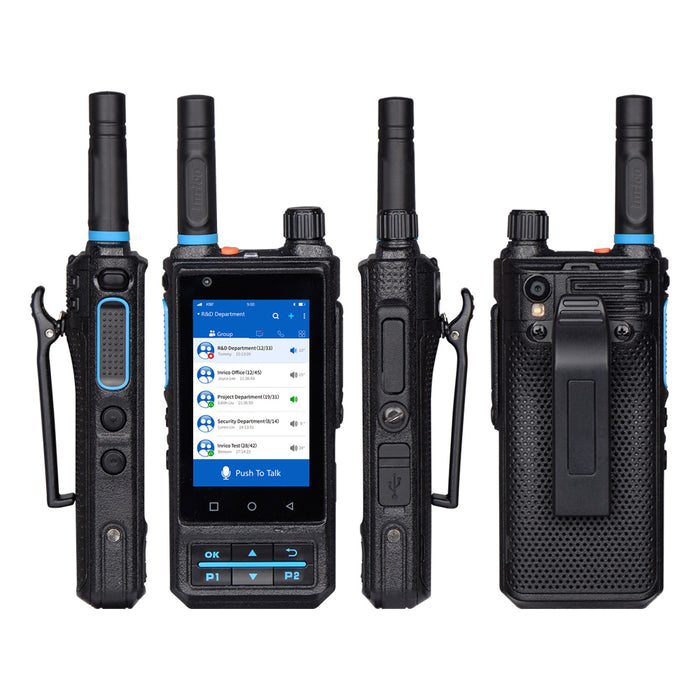In today's interconnected world, communication plays a pivotal role in our daily lives. One of the most influential and widely used communication systems is radio communication. From broadcasting news and entertainment to facilitating emergency services, radio communication has revolutionized the way we connect and share information. In this blog post, we will delve into the depths of radio communication systems, exploring their components, functions, and their impact on various industries.
- Understanding Radio Communication Systems:
Radio communication systems are complex networks of devices and technologies that enable the transmission and reception of radio waves. These systems consist of three key components: transmitters, receivers, and antennas. Transmitters convert audio signals into radio waves, while receivers capture and convert these waves back into audio signals. Antennas, on the other hand, facilitate the transmission and reception of these radio waves. - The Mechanics of Radio Waves:
Radio waves are a form of electromagnetic radiation that travel through space at the speed of light. They are characterized by their frequency and wavelength. The frequency determines the pitch or tone of the radio wave, while the wavelength determines its size. Different frequency bands are allocated for various purposes, such as AM (Amplitude Modulation) and FM (Frequency Modulation) for broadcasting, and VHF (Very High Frequency) and UHF (Ultra High Frequency) for two-way communication. - Applications in Various Industries:
Radio communication systems find applications in a wide range of industries, each with its unique requirements and challenges. Let's explore a few key sectors where radio communication systems are extensively utilized:
- Public Safety and Emergency Services: Police, fire departments, and emergency medical services heavily rely on radio communication systems for real-time coordination and response. These systems enable seamless communication between first responders, ensuring efficient crisis management.
- Aviation and Maritime: In the aviation and maritime industries, radio communication systems are crucial for air traffic control, navigation, and distress signaling. Pilots, air traffic controllers, and ship captains rely on these systems to maintain safe and efficient operations.
- Telecommunications: Radio communication systems form the backbone of wireless telecommunications networks. Mobile phones, Wi-Fi, and satellite communication heavily rely on radio waves for transmitting voice and data over long distances.
- Entertainment and Broadcasting: Radio broadcasting remains a popular medium for entertainment and information dissemination. From music and talk shows to news and sports coverage, radio communication systems bring content to millions of listeners worldwide.
- Advancements and Future Prospects:
Radio communication systems have come a long way since their inception. Advancements in technology have led to the development of digital radio systems, offering improved audio quality, enhanced coverage, and increased efficiency. Furthermore, the integration of radio communication with other technologies, such as the Internet of Things (IoT), holds immense potential for creating smart and interconnected systems.
Conclusion:
Radio communication systems have transformed the way we communicate and connect with the world. From their humble beginnings to the sophisticated systems we have today, radio communication continues to evolve and shape various industries. Whether it's ensuring public safety, enabling global telecommunications, or entertaining millions, radio communication systems play a vital role in our modern society.
